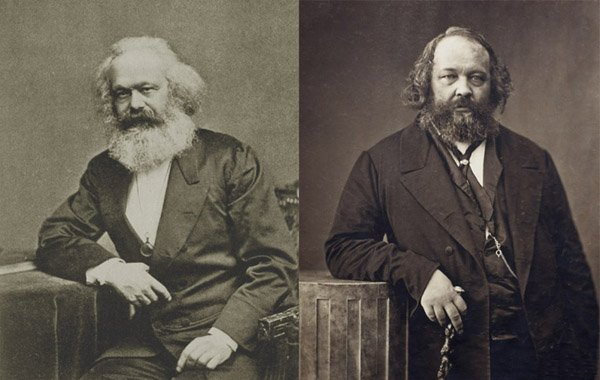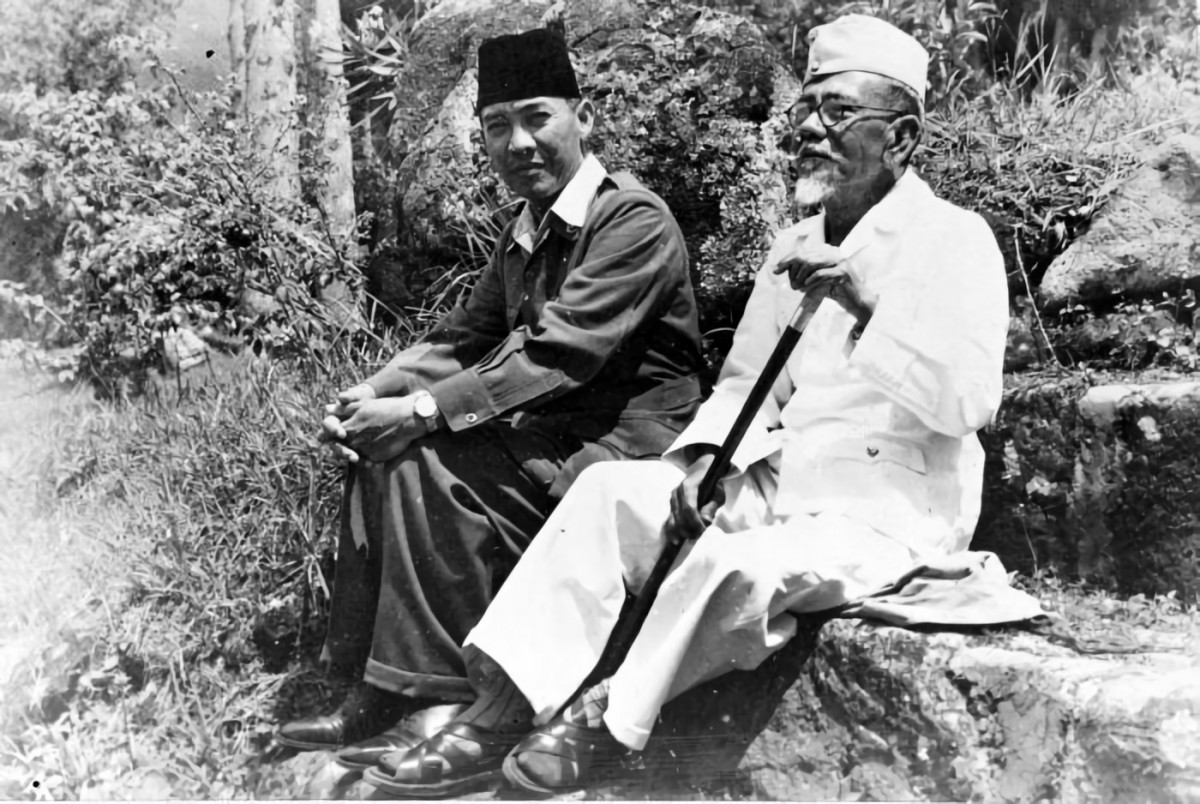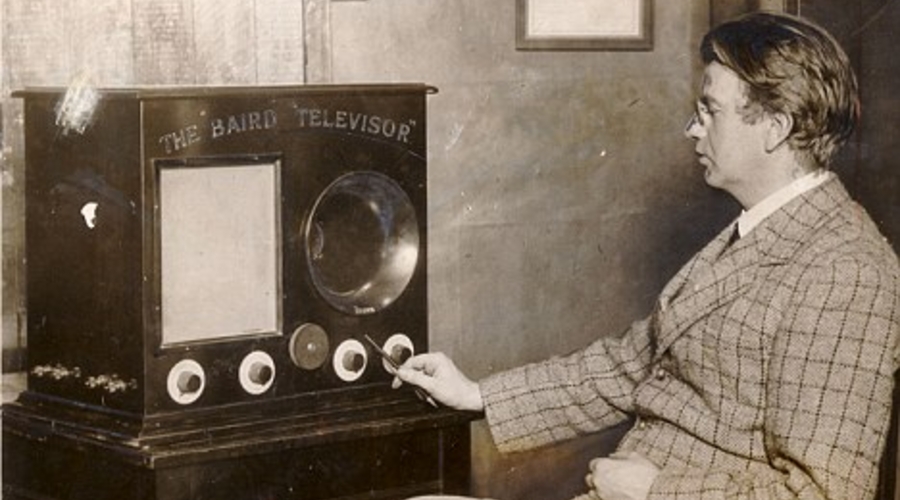The May Day Uprising of 1849
On the historic date of May 3, 1849, a massive upheaval unfolded in Dresden, the capital of the Kingdom of Saxony, now part of Germany. This event, known to history enthusiasts as the 1848 Revolution, marked a significant democratic and liberal movement that shook the foundations of monarchies across Europe. The revolt, which led to the fleeing of King Frederick Augustus II from his royal seat, is attributed to Mikhail Bakunin, a Russian philosopher born on May 30, 1814.
Mikhail Bakunin Role in the European Turmoil
Mikhail Bakunin was wanted all over the world after taking part in one of the bloodiest riots in European history. Bakunin wasn’t just in Dresden. He involved in uprisings all over Europe, from Prague, Czech Republic, to Paris, France. His image as a troublemaker caused governments so much trouble that Russia told the Prussian government about Bakunin’s ways.
During the revolution, Bakunin did many things to stay hidden and avoid being caught. For example, when he went to Prague in 1849 to help the Austrian Empire’s rise, he disguised himself. He cut off his beard when he used the alias Anderson. When he was in Austria, he told separatist groups to use paintings to make barriers that would keep Prussian troops away.
A Wanderer for Revolution
Bakunin’s involvement extended beyond direct participation in uprisings. He was a prolific writer, spreading the flames of rebellion through works such as “God and The State” and “The Paris Commune and the Idea of The State,” published in 1871.
Mikhail Bakunin: The Anarchist Thinker
As a thinker, Bakunin embraced anarchism, an ideology often misconstrued as synonymous with vandalism. Contrary to this perception, Bakunin believed in the highest potential of humanity, emphasizing that individuals, when free from authority, could contribute positively to society.
Influence on the Spanish Revolution
A British scholar named Edward Hallett Carr talked about how important Bakunin was to the Spanish Revolution of 1936. If you want to follow Bakunin’s political ideas, you should go to Spain. It is where his ideas had their roots.
Mikhail Bakunin Conflict with Marx
Bakunin’s life a lot like the troubled time he lived through, which was full of problems. Born in Pryamukhino, which was part of the Russian Empire, he went to St. Petersburg to get an education in the military but had to quit before he was ready. As he traveled through Germany, Switzerland, Belgium, and France, he became more and more interested in anarchism.
Encounter with Marx: Divergent Paths
In 1844, Bakunin met Pierre-Joseph Proudhon and Karl Marx, the famous philosopher who would become his enemy for life. Even though both Bakunin and Marx wanted to see society free from authoritarian government, they had different ideas about how to get there.
Marx wanted the people to run the government, but Bakunin strongly disagreed and saw new leaders coming into power. The intellectual fight got worse, and Bakunin kicked out of the International Workingmen’s Association (IWA) in 1872. It happen after writing an essay called “Essay Against Marx.” This was the time when Bakunin’s idea of anarchist communism first came out.
Legacy and Passing
Mikhail Bakunin exciting life came to an end on July 1, 1876. Bakunin, whose breath taken away when he was freed from jail, is one of the greatest thinkers, along with Karl Marx. Throughout history, his ideas have led to rebellions, leaving a lasting mark on the search for freedom from oppressive systems.


